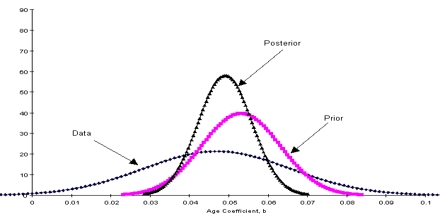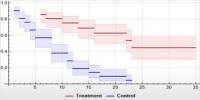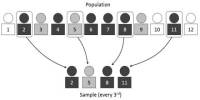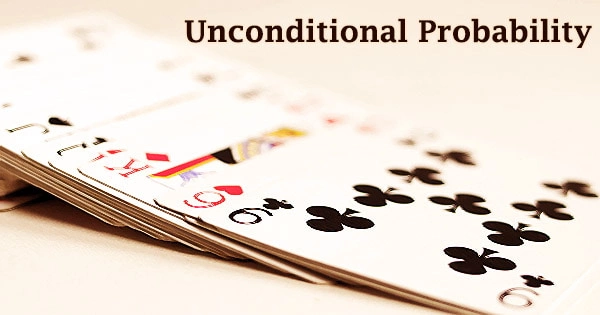Bayesian likelihood is one interpretation of the concept of probability. In contrast to be able to interpreting probability for the reason that “frequency” or “propensity” involving some phenomenon, Bayesian probability is a quantity that we assign with regards to representing a point out of knowledge, or even a state of perception. In the Bayesian see, a probability is assigned to a hypothesis, whereas under the frequentest view, a hypothesis is typically tested without currently being assigned a probability.
Bayesian Probability
















